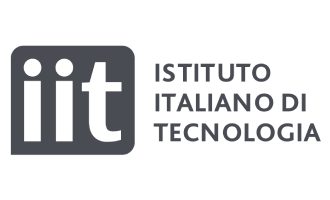WP 7.3 will focus on the development of several computational approaches. Each approach offers different solutions. One will characterize RNA systems structures, dynamics, and mechanisms through molecular simulations and machine learning approaches. Another will predict the interaction of small molecules/peptides with specific RNAs and identify RNA-based drug candidates. Another approach will unravel the catalytic mechanism of RNA and RNA-based machines through the analysis of their Cryo-EM structures.
WP 7.4 will focus on systems biology and integrative data analysis. WP 7.4 will develop reference models of gene regulatory networks in disease settings and other biological contexts. WP 7.4 will develop AI-based software tools to identify and prioritize targets of RNA drugs and predict their effects. WP 7.4 will develop integrative tools leveraging complex multi-omic datasets to perform patient stratification and identification of disease vulnerabilities. WP 7.4 will also develop predictive approaches to characterize how mutations alter the network of genome-wide regulatory contacts of genes with their enhancers.







